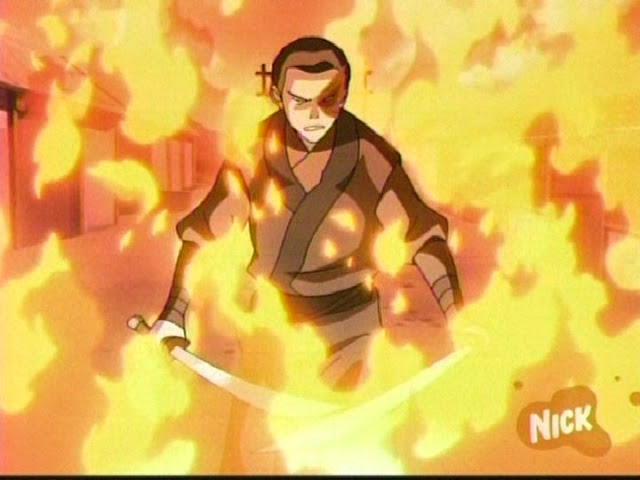"Ambition intoxicates more than fame; desire makes all things blossom, and possession makes them whither away; it is better to dream your life than to live it, even though living it is still dreaming it, albeit less mysteriously and less clearly, in a dark, heavy dream, like the dream diffused though the dim awareness of ruminating beasts. Shakespeare's plays are more beautiful when viewed in a study than when put on in the theater. The poets who have created imperishable women in love have often only ever known humdrum servant girls from taverns, while the most envied voluptuaries are unable to grasp fully the life they lead, or rather the life that leads them.
I knew a young boy of ten, of sickly disposition and precocious imagination, who had developed a purely cerebral love for an older girl. He would stay at his window for hours on end to see her walk by, wept if he didn't see her, wept even more if he did. He spent moments with her that were very few and far between. He stopped sleeping and eating. One day, he threw himself out of his window. People thought at first that despair at never getting close to his lady friend had filled him with the resolve to die. They learnt that, on the contrary, he had just had a long conversation with her: she had been extremely nice to him. Then people supposed that he had renounced the insipid days he still had to live, after this intoxication that he might never be able to experience again. Frequent remarks he had previously made to one of his friends finally led people to deduce that he was filled with disappointment every time he saw the sovereign lady of his dreams; but as soon as she had left, his fertile imagination restored all her power to the absent girl, and he would start to long her her again. After that final interview in which he had, in his already active and inventive fantasy, raised his lady friend to the high perfection of which her own nature was capable, and been filled with despair when he compared that imperfect perfection to the absolute perfection on which he lived and from which he was dying, he threw himself out of the window. Subsequently, having been reduced to idiocy, he lived for a long time, since his fall had left him with no memory of his soul, his mind, or of the words of his lady friend, whom he now met without seeing her. In spite of supplications and threats, she married him, and died several years later, without having managed to make him recognize her.
Life is like this girl. We dream of it, and we love what we have dreamt up. We must not try to live it: we throw ourselves, like that boy, into a state of stupidity--but not all at once: everything in life deteriorates by imperceptible degrees. Within ten years, we do not recognise our dreams, we deny them, we live, like an ox, for the grass we graze on moment by moment. And from our marriage with death, who knows if we will arise as conscious, immortal beings?"
~Marcel Proust
(from Pleasures and Days: Nostalgia - Daydreams Under Changing Skies, part 6)
I see so much of myself in Proust. Not always the best parts of me, but real parts of me none-the-less. Like Proust, I'm a perpetual dreamer, highly introspective, and I often prefer the company of the characters in my head to that of real people. What I find interesting, is that in spite of this common tendency, Proust and I seem to have very different opinions about how it affects our lives. While I am constantly pushing myself to spend less time alone, to go out among real people and have real life experiences, Proust extols the world of dreams. Numerous times throughout Pleasures and Days, he claims the imagination's superiority over travel, over conversation, over performances and concerts, over all of life's experiences--just as here, he claims the superiority of imagined love over real love. Or perhaps he thinks that there is no real love: at least, not the kind that fills your heart and soul and transforms your entire world for as long as it lasts. On the other hand, I know from experience that, although imagination is a wonderful thing, you can easily waste away inside of it; and although great adventures and romances, and moments deliciously charged with significance, are possible at any given moment in your mind, living off of them is like eating shadows. It can never compare with the taste of meaningful connections with real people, and the challenging and heart-filling experiences of real life. The problem is that the latter are exponentially harder to come by. But trying to live off dreams alone is a one-way ticket to depression. Your mind will wither away and became stagnant--stupid--one that no longer grows, or changes, or learns, one that ceases to observe the infinite glories and banalities of life. Daydreams, when exploited in excess, are like drugs; it's easy to take a shot of them for a quick-fix, but it's no substitute for real-life joys.
But I'm sure, though Proust claims the imagination's superiority over all and advocates total seclusion as a means of letting your mind flourish, he clearly spent his fair share of time in the real world. How else could he have written all these poignant vignettes at the age of 25, creating human portraits that can pack the significance and subtlety of an entire life into 10 pages? He knew real life, and he understood it better than most. What's so hard for someone like Proust, though, is that having an imagination is so vivid and so wonderful makes it impossible for life to compare with the extraordinary things you create in your head. As Scott Adams once pointed out: "Imagination has a way of breeding disappointment."



